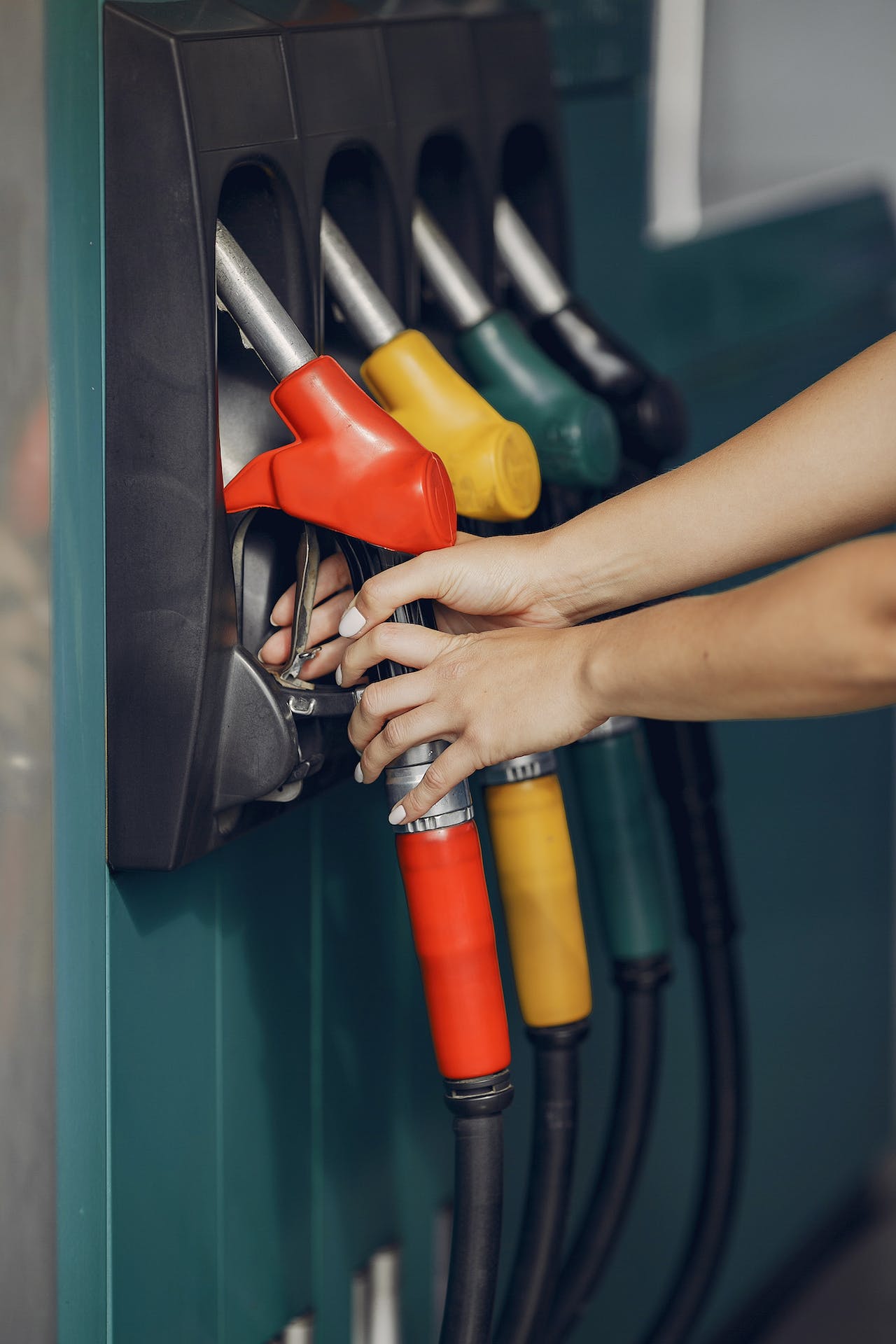Propane is a chemical compound that is important in our everyday lives. This is because it has several uses, not just inside our homes but also in various industries as well. In this article, we will talk about propane and its different uses and properties.
Formula and Properties of Propane
If you’ve ever hosted a barbecue get-together, or have a fireplace in your home, chances are you’ve encountered propane. Most of us commonly know propane as the fuel in a gas container that we use with our grill. However, propane has many other uses, which we will discuss later on.
Propane is a chemical compound that is made of three carbonatoms and eight hydrogens atoms. It’s classified as an alkane, which are compounds that consist only of hydrogen and carbon atoms with single bonds.
Propane is a nontoxic and flammable substance, and when it is in natural state, is an odorless and colorless gas. When we grill outside, we would often smell propane, and this is only because a commercial odorant has been added to propane for safety so that we can easily detect when there is leakage.
Even though propane is generally in a gaseous state, with the appropriate amount of pressure, propane can be liquefied. Propane is usually stored and transported when they are still in liquid form, and it only becomes a gas when it is released from the container.
The boiling point of propane is at -44 degrees Fahrenheit, so it doesn’t take much to get it roiling. The specific gravity is the comparison of density between an object and a reference substance. The particular gravity of propane gas is 1.52 compared to air, so it’s denser than air. This means that propane is less dense than water, so it will not sink in water.
Different Uses of Propane
A lot of us know and have used propane as the fuel to ignite our grills when we need to barbecue. However, propane has other uses not only in our household but also in other fields as well. In this section, we’ll take a look at the different methods of propane.
- Residential and Commercial Use
Besides being the fuel for gas grills, propane has other uses in households. In some houses, propane is used as the primary heating source – it’s used to heat water so that we can enjoy a nice hot shower, as well as the gas for our stoves when we cook, and as the fuel in the gas fireplaces we light up on a cold winter night.
Patio heaters are a great comfort if you are outside in your backyard or enjoying a cup of coffee on your front porch on a snowy day. Propane powers the patio heaters to help keep us warm on cool evenings and mornings. There are also hot spas or hot tub heaters that make use of propane to warm the water to a pleasant temperature. Some clothes dryers are fueled by propane, having an advantage over the standard electric dryers because it dries clothes more efficiently and cuts drying time in half.
- Alternative Fuel for Transportation
Some vehicles use propane as fuel instead of the more common gasoline and diesel fuel. Automobile and truck manufacturers are now producing more cars that make use of engines fueled by propane. There are two types of vehicles that use propane: dedicated and bi-fuel. Dedicated propane vehicles run solely on propane, and bi-fuel propane vehicles can use either propane or gasoline.
Propane, also known as liquefied petroleum gas (LPG), is the most widely used motor fuel alternative. The price of propane is just over half that of gasoline, it’s non-toxic, safe to handle, and it causes no threat to the environment when spilled or leaked. These qualities make propane a very desirable alternative fuel source.
- Food and Agriculture
Grains have a specific moisture content. To store grain properly and prevent spoiling and forming of mold, these grains must be dried so that they’ll have the proper moisture level. Propane is the most common fuel used for grain and crop-drying systems because it is portable, easily stored, and accessible in rural areas. Since it’s also nontoxic, if we accidentally expose the crops and grains to propane, they won’t be contaminated.
Propane can also be used as fuel for farm equipment like tractors, weeders, planters, generators, and space heaters for livestock housing and incubators.
- Other Industrial Uses
There are several industrial uses of propane. Propane is actually used in the petrochemical industry as one of the materials to make plastics. Among its many applications, propane is also the fuel that is relied on for asphalt melting, forging different types of metals, heat treatment of various substances, and even printing press applications, such as drying of ink on paper.
Conclusion
Propane is an alkane compound that comes as a nontoxic, flammable, odorless, and colorless gas. When it is pressurized, it becomes a liquid and has a shallow boiling point. It’s also denser than air and less dense than water. We usually know propane as the fuel for our outdoor gas grill. Still, it has other uses in different areas, including heating and cooking, alternative fuel, crop-drying, plastic manufacturing, and other purposes in industrial sites.

